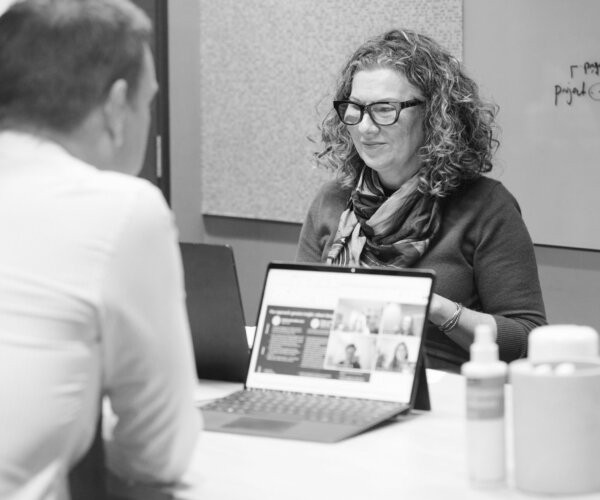A vibrant and sustainable early childhood education and care sector
Supporting the ECEC sector to give children their best start in life
It’s critical that we get early childhood education and care right. It’s beyond question that the first five years of life are critical to health, development and wellbeing outcomes, with 90% of a child’s brain development happening by the time they’re five years old. It’s also well understood that participation in high quality early childhood education and care (ECEC) helps children to have the best start in life and start school equipped with the skills they need to continue their learning and development. This is even more important for disadvantaged children who are more likely to be developmentally vulnerable in language and cognitive skills when they start school. Accessible and affordable ECEC also supports parents and carers to engage in the workforce, in turn supporting women’s economic equality and our nation’s economic prosperity.
The ECEC sector is large and diverse, covering kindergarten and preschool programs and centre-based care services and other Australian Government funded care types. In 2022, there were:
- 13,993 Australian Government Child Care Subsidy (CCS) approved child care services and 12,999 ECEC services delivering preschool and kindergarten programs in Australia.
- 1,329,656 children aged 0–12 years attending Australian Government CCS approved child care services and 553,542 children enrolled in a preschool/kindergarten program.
Source: Productivity Commission Report on Government Services 2023







